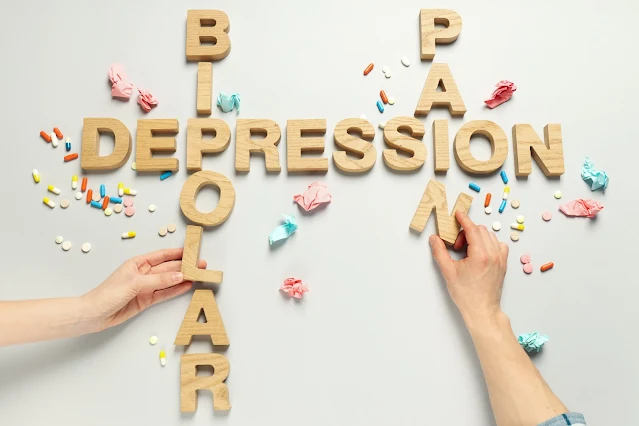In today’s fast-paced world, maintaining mental health has never been more crucial. The constant demands of work and personal challenges can feel overwhelming. But don’t worry—there are effective strategies to help you manage and improve your mental well-being. Whether you’re dealing with anxiety, depression, or simply looking to boost your overall emotional resilience, these strategies can guide you toward a happier, healthier life. Let’s dive into seven essential mental health strategies that can truly make a difference.
1. Practice Mindfulness and Meditation
Mindfulness and meditation aren’t just buzzwords—they’re powerful tools for managing stress and improving mental health. Studies, such as one published in JAMA Internal Medicine, show that mindfulness meditation can significantly reduce symptoms of anxiety, depression, and pain. Start by dedicating just 10 minutes a day to sit quietly, focus on your breath, and observe your thoughts without judgment. Apps like Headspace and Calm can help you get started on this transformative journey.
2. Exercise Regularly
Physical activity isn’t just good for your body; it’s essential for your mental health. Exercise releases endorphins, natural mood lifters that can alleviate feelings of depression and anxiety. The American Psychological Association emphasizes that regular exercise can make a substantial difference. Aim for at least 30 minutes of moderate exercise most days of the week. Whether it’s a brisk walk, a yoga session, or a high-intensity workout, find an activity you enjoy and incorporate it into your routine.
3. Maintain a Balanced Diet
Your diet plays a crucial role in your mental well-being. Eating nutrient-rich foods can positively impact your mood and overall mental health. For example, omega-3 fatty acids found in fish have been linked to reduced symptoms of depression. The Mediterranean diet, rich in fruits, vegetables, whole grains, and healthy fats, supports mental health and lowers the risk of mental health issues. Focus on incorporating a variety of whole foods into your diet and stay hydrated.
4. Establish a Healthy Sleep Routine
Sleep and mental health are deeply interconnected. Poor sleep can worsen mental health problems, while good sleep promotes emotional stability. The National Sleep Foundation recommends aiming for 7-9 hours of quality sleep each night. To enhance your sleep quality, establish a consistent bedtime, create a relaxing bedtime routine, and keep your bedroom cool and dark. Avoid screens and caffeine close to bedtime for a more restful sleep.
5. Build and Nurture Social Connections
Strong social connections are essential for mental health. Support from friends and family can buffer against stress and reduce feelings of isolation. Make an effort to stay connected with loved ones, even if it’s through virtual means. Regular social interactions, whether through phone calls, video chats, or in-person meetings, provide emotional support and boost your well-being.
6. Seek Professional Help
Sometimes, managing mental health on your own isn’t enough. Seeking professional help can provide the guidance and support tailored to your needs. Therapists and counselors are trained to assist with various mental health issues, from stress management to more severe conditions. Remember, asking for help is a sign of strength, not weakness. Don’t hesitate to reach out if you’re struggling.
7. Set Realistic Goals and Prioritize Self-Care
Setting achievable goals and prioritizing self-care are crucial for maintaining mental well-being. Break larger tasks into smaller, manageable steps and celebrate your progress. Self-care doesn’t have to be elaborate; it can be as simple as taking a relaxing bath, reading a book, or enjoying a hobby. Regular self-care helps prevent burnout and keeps your emotional state balanced.
Conclusion
Incorporating these seven strategies into your daily life can significantly enhance your mental health. From mindfulness and exercise to nurturing social connections and seeking professional help, each strategy contributes to a happier, healthier you. Remember, improving mental health is a journey, not a destination. Start with small changes and gradually integrate these strategies into your routine. Your mental well-being is worth the effort, and you deserve a fulfilling, balanced life. Take the first step today and see how these strategies can transform your mental health.

